‘Stop TB’ Partnership takes campaign to tertiary institutions
Stop TB Partnership, the leading organization helping Nigerian government to fight tuberculosis, otherwise known as TB, has taken its awareness campaign on the condition to tertiary institutions across the nation.
Such a campaign becomes necessary giving the fact that “only 25 percent of Nigerians have accurate knowledge about TB,” said Minister of Health, Prof. Isaac Adewole, at Bingham University, Karu, Nasarawa state where the campaign took off on Tuesday June 5.
Tagged “Public Symposium on Tuberculosis,” the campaign had the theme “Raising Future Leaders to End TB in Nigeria.”
It is expected to help increase knowledge of the nation’s population on the condition and would aid the country’s determination to defeat the disease.
Adewole, who was represented by Permanent Secretary in the ministry, Osarenoma Uwaifo, said Nigeria “is one of the countries on the list of 30 high burden TB, TB/HIV and MDR-TB countries as compiled by the World Health Organization.
“The current TB incidence rate of 219/100,000 population with about 407,000 TB cases occurring annually, makes Nigeria 7th amongst the high TB burden countries globally and second in Africa…
“One of the major drivers of the TB epidemic in the country is the limited knowledge of the disease among Nigerians. The National Knowledge, Attitude and Practice survey on TB conducted in 2017 revealed that only 25 percent of Nigerians have accurate knowledge about TB.
“Therefore, it is my hope that this TB symposium organized to raise awareness about TB among students and the academia will achieve the desired outcome,” he said.
He listed four major ways that academic institutions could assist the nation in its efforts to reduce the burden of the disease as research; provision of quality data for project improvement for the ailment; building of skilled and capable workforce; establishment of robust laboratories and supporting development and maintenance of TB laboratories.
Adewole disclosed that his ministry took measure to control the disease by establishing the National TB and Leprosy Control Programme, NTBLCP, in 1989, adding that the TB control strategies in the country since the ailment was first recorded had been in consonance with the WHO recommended strategies.
“I strongly believe that the academia has a great role to play, particularly in the area of intensified research and innovation towards ending TB in Nigeria. Presently, research discoveries have made available a WHO approved rapid TB diagnostic tool with higher specificity and sensitivity.
“The Federal Ministry of Health in 2016, as part of steps to end TB in Nigeria adopted the WHO rapid diagnostic tool geneXpert MTB/RIF as the primary diagnostic tool for TB. The machine has the capacity to detect Mycobacterium Tuberculosis, which is the causative agent for TB and the Rifampicin resistant TB within two hours. By the end of 2017, Nigeria had a total of 390 Gene-Xpert MTB/RIF machines in different health facilities across the states.
We are moving a step further, with the introduction of GeneXpert MTB/RIF ultra assay which has a higher sensitivity of detecting Mycobacterium Tuberculosis, particularly in smear-negative culture-positive specimens, pediatric specimens, extra-pulmonary specimens, notably CSF, and those from people living with HIV.
“In spite of all the challenges, the TB control programme has made progress in providing treatment for diagnosed TB cases. In fact, in 2017, it achieved 85 percent treatment success rate. Currently, the drug susceptible TB is treated with a six-month regimen of anti-TB medicines in fixed dose combination, while drug resistant TB is treated in Nigeria with the nine-month MDR-TB treatment regimen, which is an improvement over the previous 20-month regimen,” he said.
Vice Chancellor of the university, Prof. Wiliams Qurix, said the institution, established 10 year ago, had been making giant strides in the area of research, which according to him, is one of the core mandates of any institution of higher learning.
“Our institution has been in the forefront of research in advancing knowledge and generating scientific evidence in driving policy decision making. Of note in this endeavour is in the area of public health, and especially in TB research, which our Zankli Research Centre is reputed for. This centre, with the state of the art equipment, has been in the vanguard of TB research. This research centre continues to provide invaluable support and playing significant role in strengthening the national TB programme. The laboratory serves the whole of the north central zone of the country including Nasarawa, Kogi, Benue and Kwara states,” he said.
In his remarks, Chairman Stop Tuberculosis Partnership, Prof. Loveth Lawson, described TB as an airborne disease which could infect many people through one person already infected.
He explained that the disease affects all parts of the body, and not only the lung, as mostly believed, adding that that the ailment could also result in infertility.
“Tuberculosis is not just a disease that is affecting only the chest,” he said.
“Tuberculosis is currently world’s deadliest and killer disease ahead of HIV. It used to be HIV, but, it’s now the deadliest killer disease among all diseases. Because it is a quiet killer, someone can have the disease for a whole year, and of course, can continue to go to hospital…
“Nigeria currently ranks seventh in the world, and second in Africa among countries with highest burden of TB. No doubt, we continue to make tremendous progress in the fight against TB as a nation, with significant in early diagnosis and treatment, especially in the adoption and increasing use of the GeneXpert machine in most centres, and availability of drugs for those infected all over the country.”
All speakers at the event urged anyone that has coughed for two weeks to go for TB test, which they said is free.

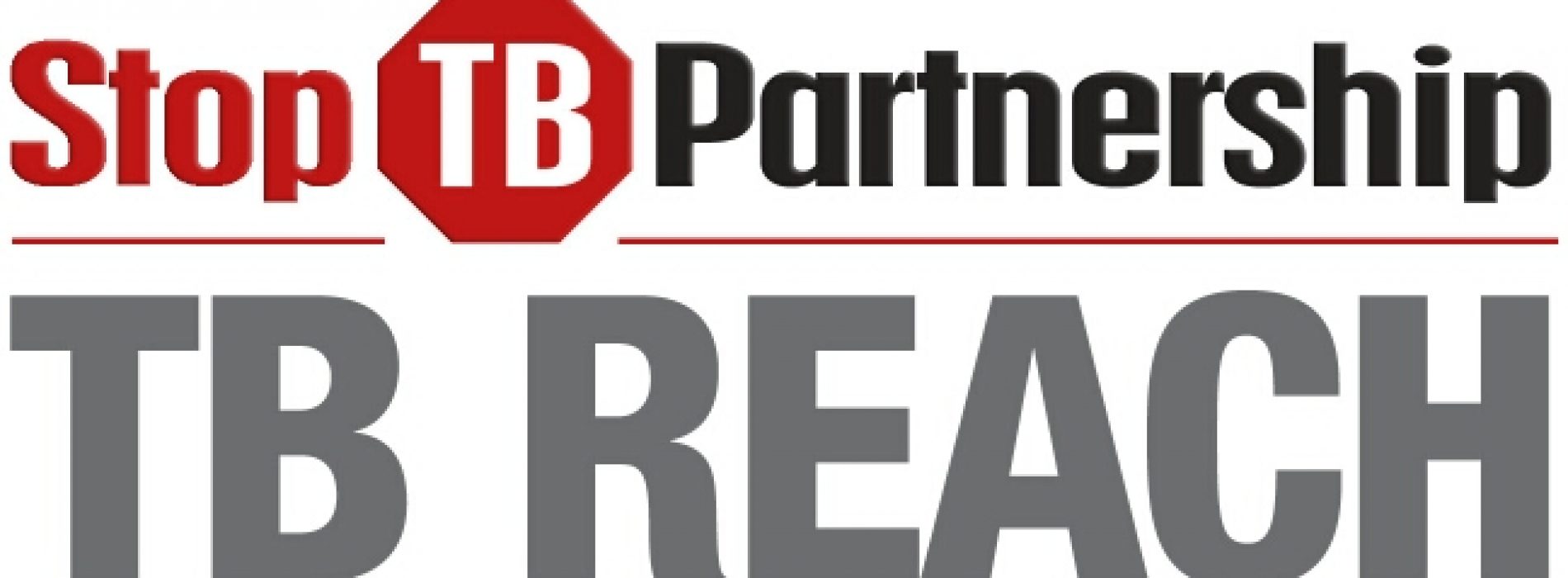
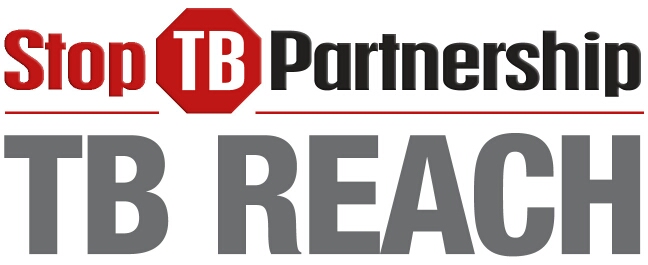
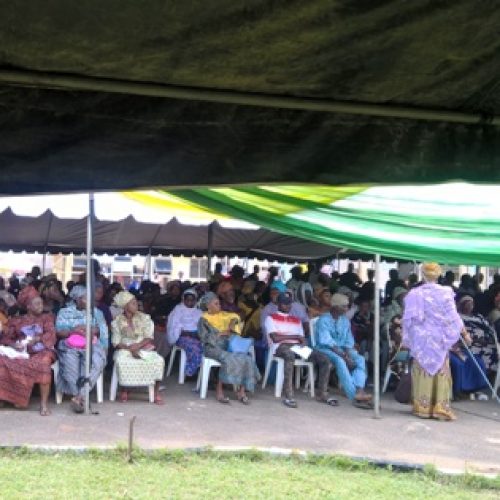
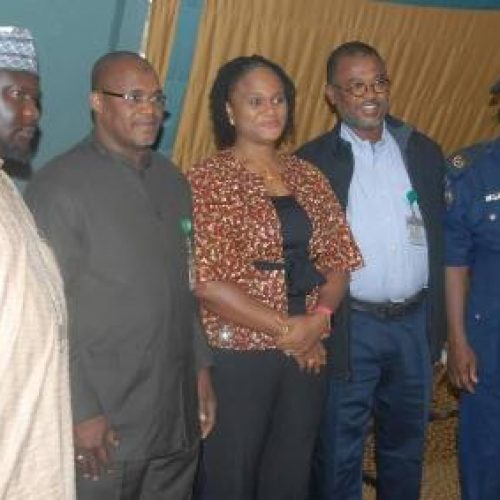
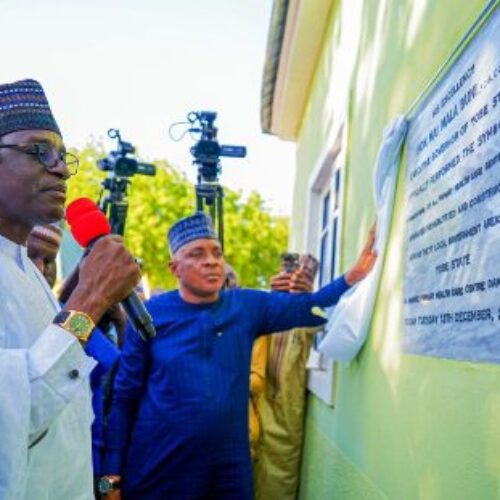


















0 Comments
No Comments Yet!
You can be first to comment this post!